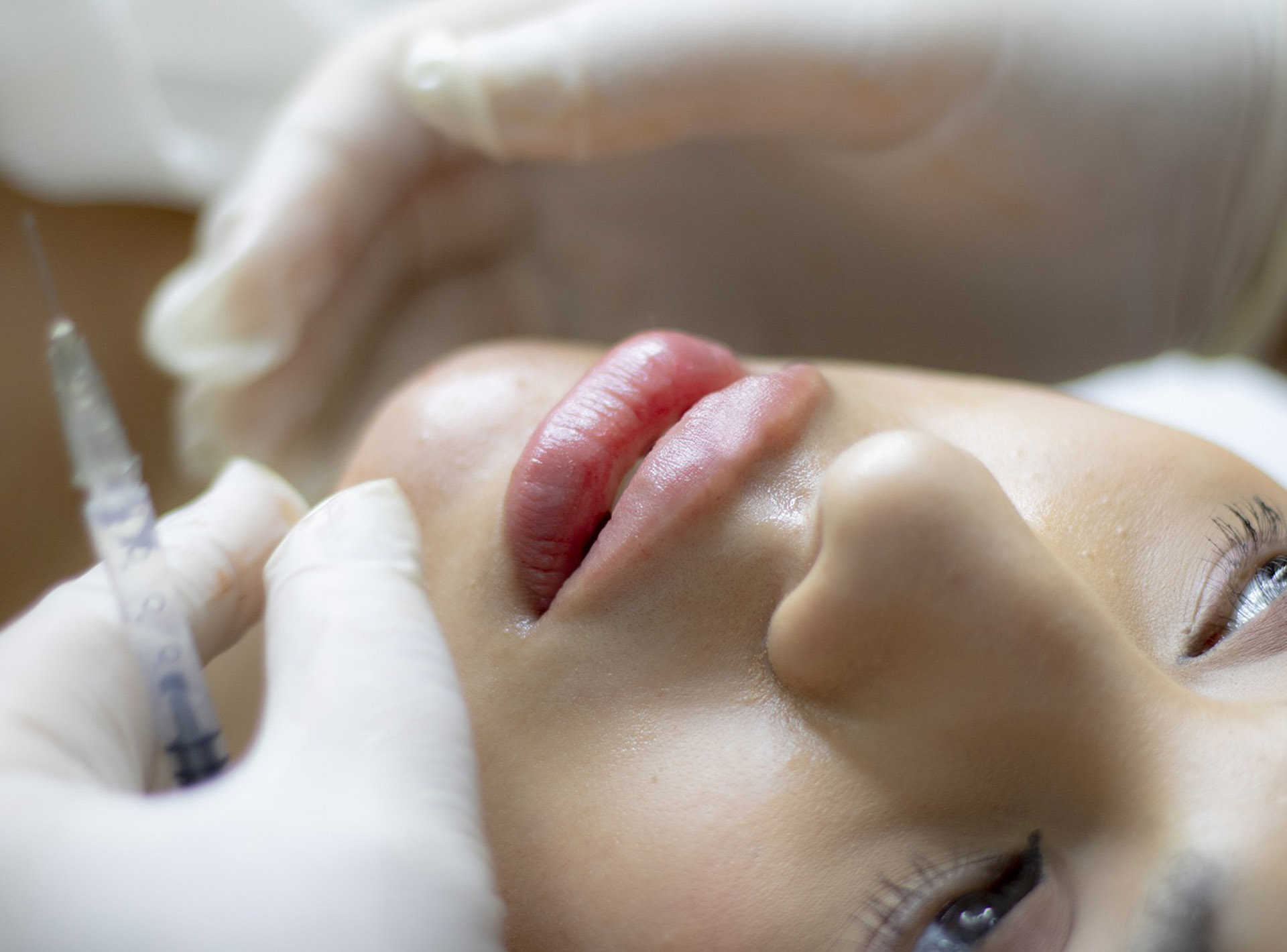 With some 300 people registering to take part in class action against disgraced cosmetic surgeon Dr Lanzer and four of his associates, AHPRA’s podcast Taking care offers doctors the chance to hear first-hand about the impact of rogue cosmetic surgery on patients.
With some 300 people registering to take part in class action against disgraced cosmetic surgeon Dr Lanzer and four of his associates, AHPRA’s podcast Taking care offers doctors the chance to hear first-hand about the impact of rogue cosmetic surgery on patients.
Cosmetic surgery is big business, with an estimated half a million Australians spending $1 billion a year on it – more per capita than in the US – and the industry is currently the focus of an independent review, commissioned by the Australian Health Practitioners Regulatory Agency and the Medical Board.
The investigation was triggered by public and professional outrage over rogue cosmetic surgery practices, with patients’ grievances including ongoing severe pain, nerve damage, restrictions in movement and function of limbs and other parts of the body, botched results and lasting deformities and psychological trauma.
Kate (whose name has been changed) told Taking care that from the day that she woke up from the operation, she knew that something was not right.
“I told the surgeon and it fell on deaf ears … I was so humiliated by the way that I looked, I didn’t want to go anywhere, I didn’t want to see anyone,” Kate said.
“It was a traumatic experience which has changed my life. I’ve got PTSD from it, it almost ruined my marriage, my children have secondary PTSD from watching my behaviour.”
Fellow guests and advocates, Maddison Johnstone and Michael Fraser from Diligence Research, analysed online advertising of cosmetic procedures and uncovered clear trends as well as numerous ethically questionable practices.
“There’s patterns of people who use [social media to advertise] more and tend to breach or potentially breach the advertising guidelines,” Maddison said.
“They are the ones we’re getting phone calls about from patients who have had a very bad experience, or it didn’t quite go like the shiny social media experience as it was portrayed.
“We saw doctors or practitioners encouraging patients to take out their Super [to spend on cosmetic procedures], especially during COVID-19 when that was easier to access.”
They urge consumers to ask plenty of questions about the procedure and possible risks.
ASAPS president Dr Robert Sheen told Medical Forum the whole system of a presumption of safety and public trust was being jeopardised.
“Patients have a presumption that the health care system is safe, and because it’s regulated by the government and they know doctors need to have licences, patients go along and think everything is going to be safe and hunky dory,” Dr Sheen said.
“If someone calls themselves a cosmetic surgeon, then the patient makes a bunch of assumptions that these people are highly qualified specialists in cosmetic surgery.
“While some practitioners are very well qualified, some are not, but patients don’t understand the difference and can have poor outcomes as a consequence, and that’s very problematic.”
You can listen to this edition of AHPRA’s Taking care podcast at https://www.ahpra.gov.au/Publications/Podcasts.aspx and read more about the issue at https://mforum.com.au/

